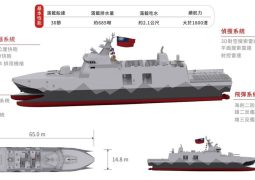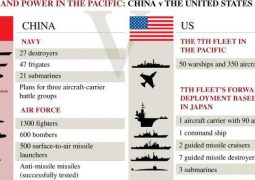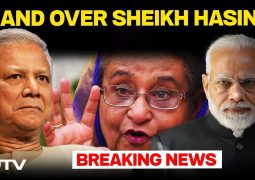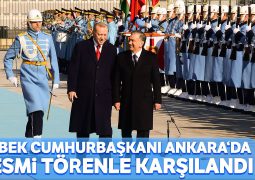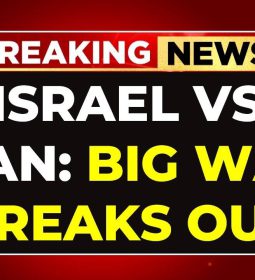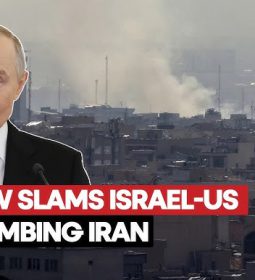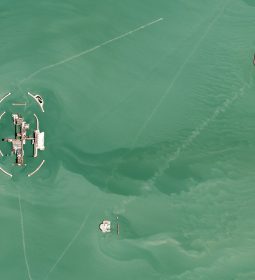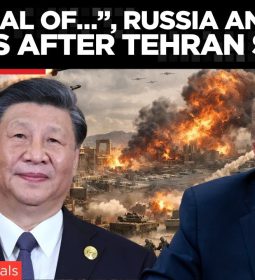Erdogan’s guards clash with protesters outside Turkish ambassador’s D.C. residence

Two people with direct knowledge of the investigation said authorities are reviewing video to try to identify Erdogan guards who they believe instigated the melee outside the Turkish ambassador’s residence. Nine people were injured; two arrests already have been made.
During a Wednesday news conference, police did not directly identify the guards as suspects but said they are working with the State Department and Secret Service to identify people involved in the altercation.
D.C. Police Chief Peter Newsham said the violence was “not something we tolerate in our city.” He said several of the Erdogan guards were armed with guns, making the incident especially “dicey” for D.C. officers trying to quell the violence.
If charges are pursued against any Erdogan guards, District officials might have to work through thorny issues such as diplomatic immunity or the special status afforded to those who guard visiting heads of state.
On Wednesday, a Turkish state news agency acknowledged that guards for Erdogan, who had earlier met with President Trump at the White House, had intervened against the demonstrators at Sheridan Circle on Massachusetts Avenue. The Anadolu news agency blamed the incident on an “inadequate” response by local police.
The news agency and similar accounts by pro-government outlets confirmed what many on social media had speculated after seeing videos of men in dark suits and ties — some holding Turkish flags — going after demonstrators described by police as peaceful.
D.C. Mayor Muriel E. Bowser (D) on Wednesday condemned the incident.
“What we saw yesterday — a violent attack on a peaceful demonstration — is an affront to DC values and our rights as Americans,” she said in a statement. “I strongly condemn these actions and have been briefed by Chief Newsham on our response. The Metropolitan Police Department will continue investigating the incident and will work with federal partners to ensure justice is served.”
It could not immediately be determined whether either of the two people already arrested were members of the presidential guard, but officials said both are Americans. One was charged with aggravated assault, the other with assault on a police officer. They are set to appear in court Wednesday afternoon.
Some of the estimated two dozen protesters were angry at Erdogan’s crackdown on dissent and his consolidation of power. Others were Kurdish activists, including supporters of a pro-Kurdish political party in Turkey whose leaders have been prosecuted by the Turkish government.
Video of the incident shows protesters being attacked in what appeared to be three waves as D.C. police officers struggled to regain control. The Anadolu news agency framed the guards’ actions as a response to the presence of “terrorist” sympathizers — apparently a reference to Kurdish activists.
The news agency criticized U.S. police for failing to end the dissent; such protests are largely suppressed in Turkey.
In one incident, a man in a dark suit carrying a furled flag was seen kicking a demonstrator on a sidewalk, as the victim held his hands protectively to his head. A bullhorn was next to him.
On Wednesday, the Secret Service, which handles security for visiting heads of state, referred questions to the State Department. No one answered the phone at the Turkish Embassy.
Last year, Erdogan’s guards and protesters clashed outside the Brookings Institution in the District during a Nuclear Security Summit, and D.C. police and Secret Service officers were forced to intervene.
[Turkish guards clash with protesters outside Brookings Institution]
Tuesday’s melee highlighted the political divisions and conflicts that in some cases have roiled Turkey for decades and that have become far more acrimonious and violent of late. After Erdogan’s government survived a coup attempt last summer, authorities have pursued a wide-ranging crackdown on enemies and dissidents. Nearly 200,000 people have been arrested or dismissed or suspended from their jobs.
The government has faced a resurgent threat from militant groups, including the Islamic State and the separatist Kurdistan Workers’ Party, or PKK. Militant attacks, and the state’s iron-fisted response, have in turn fed a deepening sense of political polarization in Turkey. A protest leader denied that any of the participants were involved with the PKK or sympathized with the group.
Erk Acarer, a columnist for the leftist Birgun newspaper, called the conduct by Erdogan’s security “disgraceful, barbarism,” in a post on Twitter.
And Amberin Zaman, a Turkish journalist and public policy scholar at the Wilson Center in Washington, wrote on Twitter that “if you want to protest, cover Erdogan during his foreign travels wear a flak jacket and a helmet. Say a prayer.” Zaman was accused of being a terrorist sympathizer during the fracas outside the Brookings Institution in 2016.
Kareem Fahim in Istanbul and Aaron C. Davis, Carol Morello and Victoria St. Martin in Washington contributed to this report.
- Previous U.S. sanctions Iran officials, Chinese network over missile program
- Next Nepal stakes its future on hydro electricity as peace draws investors after years of war and instability



